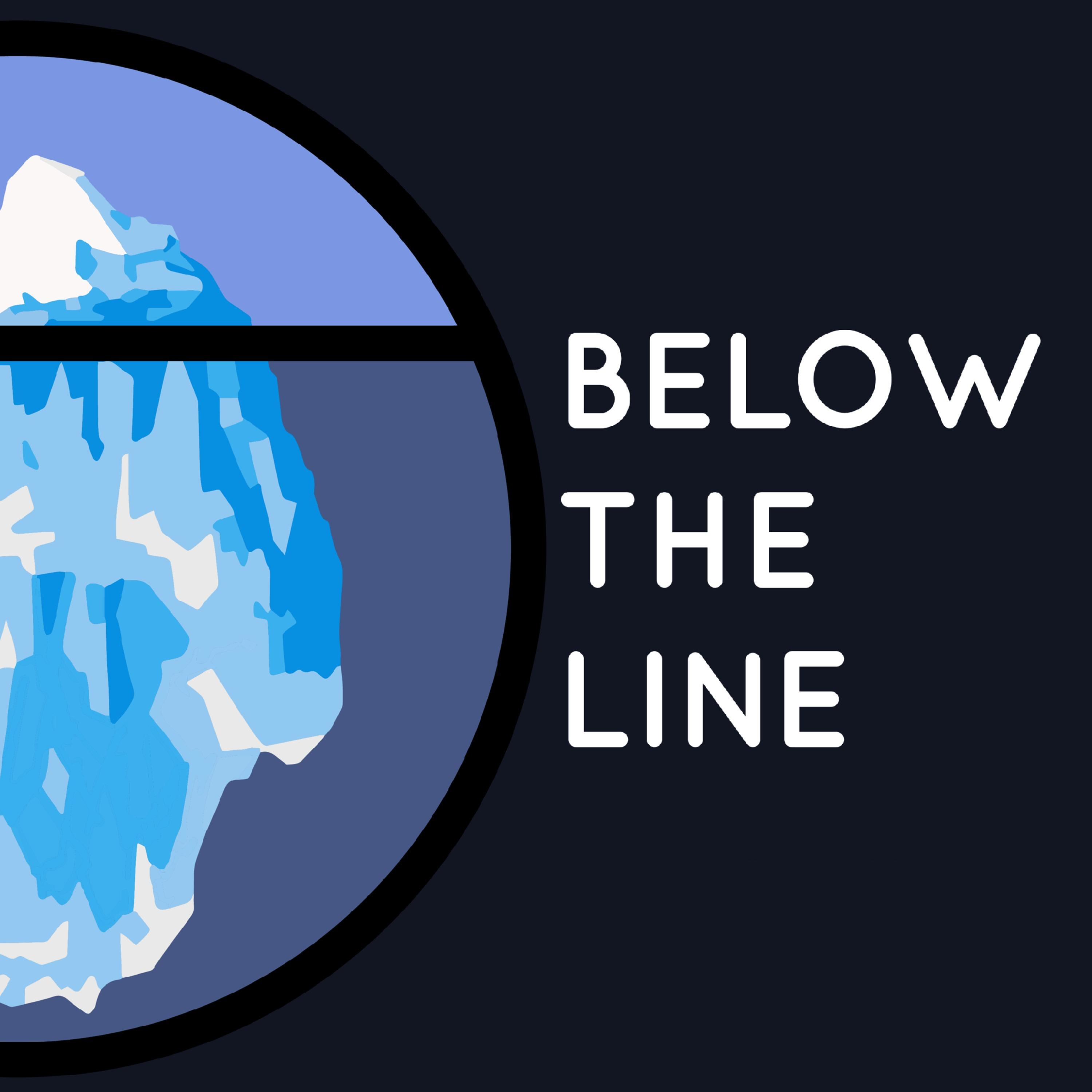Eric says that being a founder is not something he enjoys, necessarily, but the desire to make change in the world is what drives him to be a founder. It is a powerful, exhilarating, and rewarding career, unlike any other kind of work.
In movies, the hardships and years of hard work are glossed over to where the success begins. In reality, starts are never so fluid.
There is an entire industry that creates beautiful, entertaining stories about startups and their founders. Their content creates a very warped and inaccurate version of reality, dangerously misrepresenting what it takes to start a successful company.
It’s called toxic founder image. Founders want to appear as winners at all times, which prevents them from seeking for help because it could be viewed as a sign of weakness. Investors, on the other hand, eager to help founders who are struggling, also don't want to offer help because that would mean admitting that companies are not doing well. Meanwhile, everyone is comparing their performance to each other, creating a vicious cycle.
Eric says that when you see what's actually going on in the most iconic startups you can think of, you realize there's dysfunctions and problems everywhere. Everyone's simply projecting a misleading positive image.
There is no such thing as an overnight success, and startups often take 10+ years before they get to a milestone deemed successful by the outsiders. At the same time, this idea that it takes years to achieve success discourages pivots, and often traps founders who are working on "zombie startups," from achieving greatness on another idea.
Equanimity is his go-to for all things entrepreneurship. For him, in order to survive as a founder, you have to practice some form of non-attachment.
Eric Ries has a very challenging situation with his company where the whole venture was on a brink of going extinct. He had hard time sleeping, felt constantly "high" on the adrenaline fight-or-flight response, experience trouble eating, he even broke down crying while meditating ... you name it. Turns out, stress can have a really profound effect on your body, and this is not uncommon.
Startups are challenging both physically and emotionally and it is important to learn not to freak out. The most challenging situation for you might end up creating a strong company, but that won't become apparent till after the fact.
To survive entrepreneurship, founders have to understand that emotional roller-coaster is coming, expect it, and work through it. After all, startups are limited liability companies for a reason, and even if the business fails, everything else will be okay.
Eric Ries exposes his team to the entire startup roller-coaster, successes or failures, to clearly explain that his team is all they've got. There is no one to come to the rescue, and their future is entirely in their own hands.
Not only does it help him emotionally, but it gives the team insight into their own journey, and creates much smoother pivots, when those inevitably happen. Instead of wondering why, the team can look back at their journey and see how their own decisions have led to the outcomes.
Entrepreneurship is like tennis, you have to swing a racket for your learning to be effective.
Often times even the geniuses in Silicon Valley don't know how great of a product they have until it is beyond popular.
During the early days of Facebook, for example, the founders were busy working on side projects, even as users were breaking down the front door asking to be let onto the platform. The first version of Instagram was a massive failure. The list is long.
Once the product is popular though, the geniuses can do a lot of things wrong and still succeed because the core of their success is so strong, it cannot fail.
Do not take feedback personally, instead accept it and analyze it with an understanding that anything being said is packaged with the person's emotions and interpretation of context.
We have a human cognitive bias to blame other people for their faults, and yet to only blame the circumstances for our own failures.
They are harmful because they betray trust between you and your team. You have to be honest about why the deadline matters and why you care in order to build stronger trust. If you have the choice between a decision and time, choose time.
You cannot be an early adopter if a product is flawless and polished. They can go from your most fierce critics to your most passionate defenders. Some feel as if they have ownership of your product— like they built it— while your company is the handyman doing their work.
